During your custom packaging process, you’ll need to choose how you want your products laminated – with matte lamination or gloss lamination.
Although it might not seem like a big decision, it’s actually one of the most important steps in the printing process, because the choice you make impacts every printing decision that comes after it.
Let’s take a closer look at the differences and benefits between matte vs gloss lamination for printing and packaging, to see which option is best for your unique needs.
What is Lamination, Anyway?
Lamination is the process that occurs in printing when a clear plastic film is bonded to the printed product to make it stronger and more durable.
Laminate is usually applied to both sides to provide something akin to a protective shield around the piece. Not only does this protect it from things like smudges and scuffs, but also other things that would mar its appearance, like tears, stains and moisture that could ruin the piece altogether.
Lamination helps the colors of your product packaging’s design to “pop” more and get noticed, and is often used on products that are handled often between people.
What is Matte Lamination?
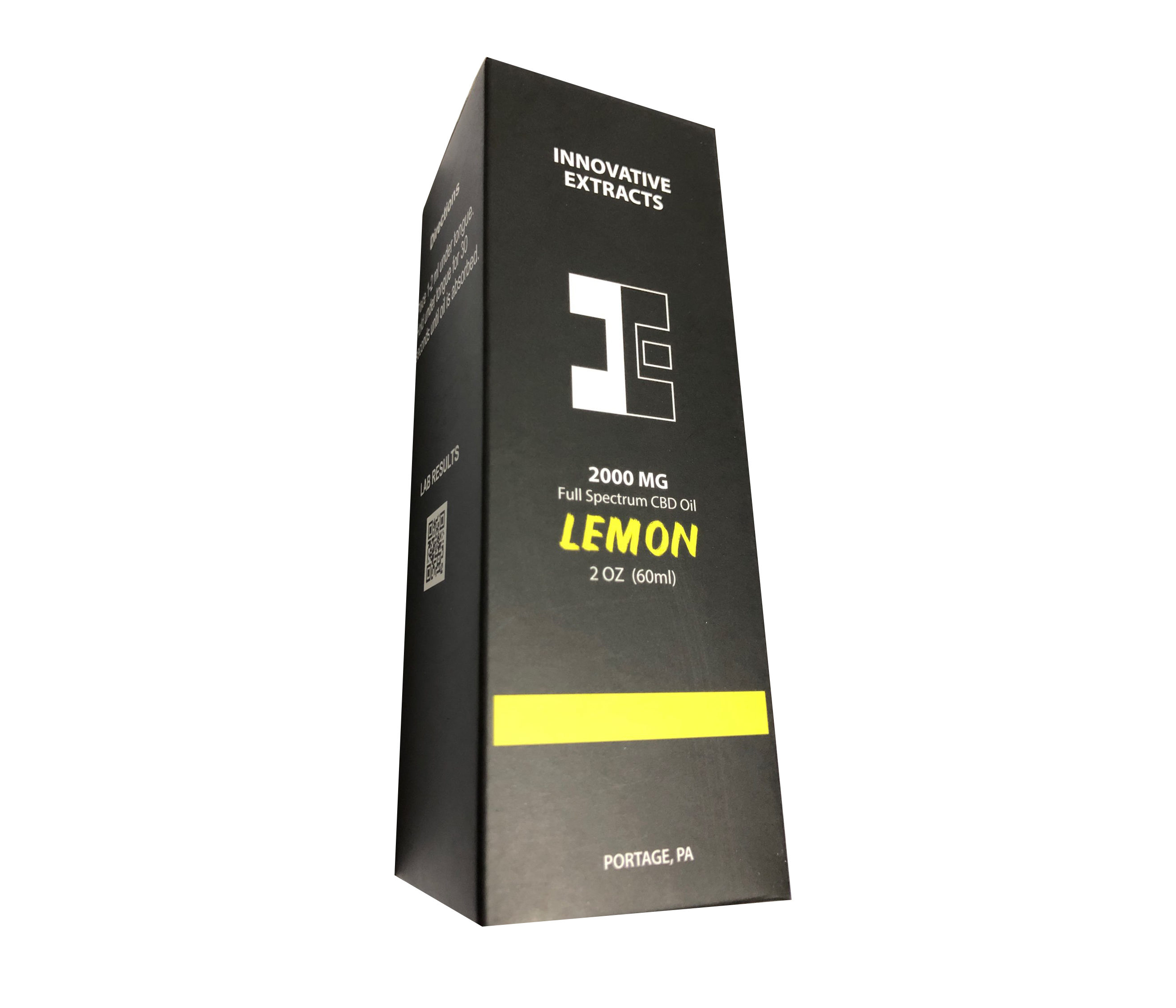 Matte Lamination on Product Packaging
Matte Lamination on Product Packaging
Matte lamination has a softer and more natural look that doesn’t reflect as much light as gloss lamination, which in turn makes it easier to read the packaging.
Colors are not as vivid or sharply contrasting on matte laminated packaging so although they don’t stand out as much as with gloss, if you want a more subtle effect, this could be the perfect option.
Matte lamination also has a soft texture that’s protective, but rather velvety in how it feels.
What is Gloss Lamination?
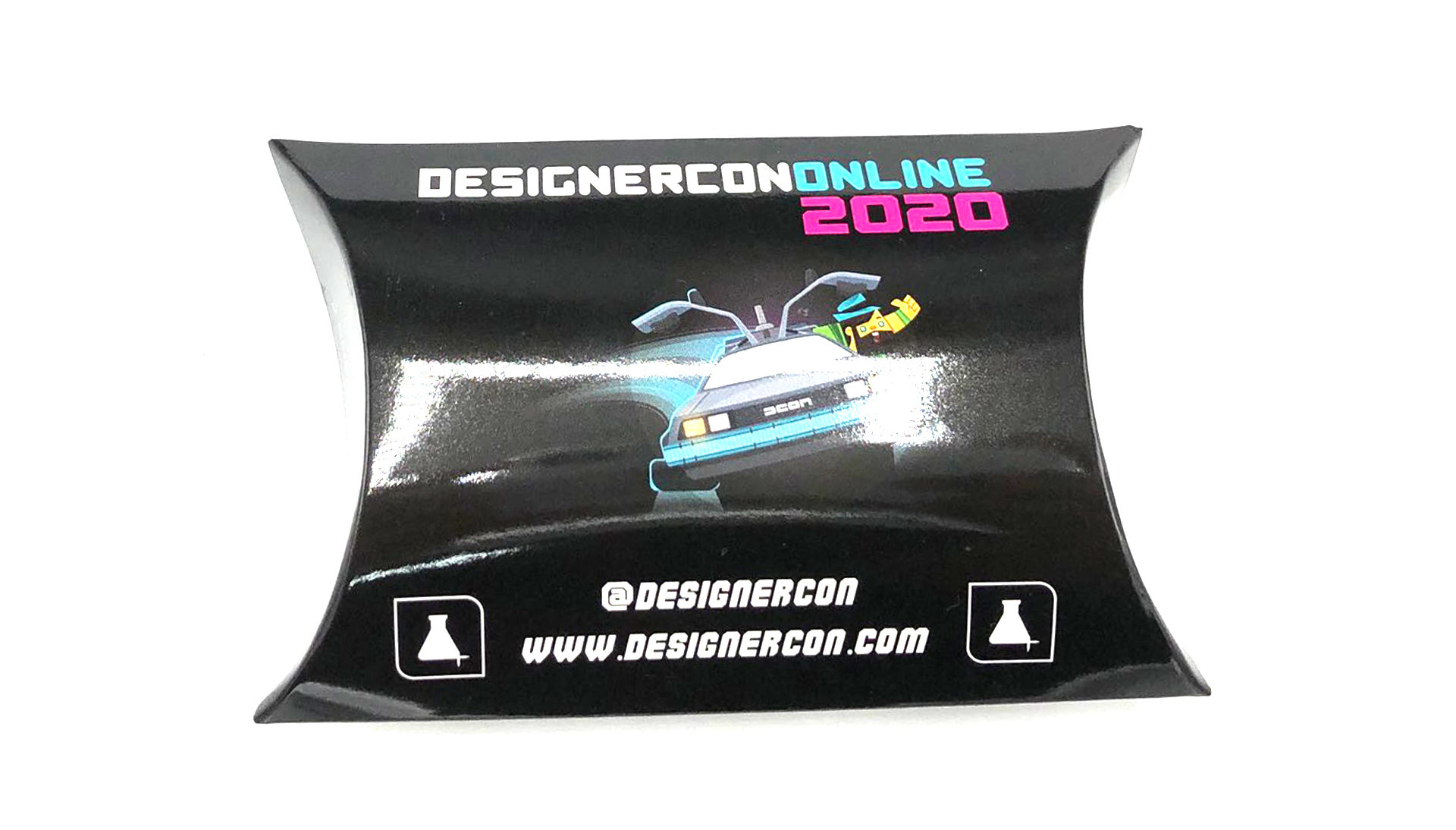 Gloss Lamination on Product Packaging
Gloss Lamination on Product Packaging
Gloss lamination offers a much shinier look that increases how vibrant colors look. It’s often used for marketing pieces because it adds a touch of sophistication and professionalism to the piece.
Whether you’re using CMYK or PMS, colors are more vivid with gloss lamination, so if you want something that truly stands out on store shelves, laminated packaging is sure to get noticed.
Both types of lamination provide durable protection against being handled but there are certain instances where you’ll want to choose one over the other.
It’s important to note that how the finished product will look depends on what you want the packaging to do as a result of light hitting it – matte lamination absorbs light and gloss lamination reflects it.
Matte Lamination vs. Gloss Lamination: When Should You Use Each?
You’ll want to use matte lamination when:
- Your product will be placed under direct lighting. This helps to prevent a harsh glare, while making the package easy to read at a distance.
- The retail packaging won’t be handled as much. Although laminate can withstand some handling, matte laminate in particular can be damaged by scratches or scuffs from being shuffled around.
- You want your product to look professional and elegant.
- You’re using muted or subtle colors.
You’ll want to use gloss lamination when:
- The packaging is handled significantly. Gloss provides an extra layer of protection against things like scuffs and smudges and can be wiped clean easily. Different types of aqueous coating are also used for the reason of resisting fingerprints, so consider your varnish options as well during the packaging process if this is an important requirement.
- You want the colors to stand out and don’t mind the glare.
- You want to save money. In most instances, gloss is usually cheaper than matte (unless your custom packaging firm offers both matte and gloss lamination for free).
The Real Question is (Literally) in the Consumer’s Hands
As you can see, both matte lamination and gloss lamination have their pros and cons, and deciding between one or the other has its own set of benefits and drawbacks.
But at the core of the question of this versus that isn’t so much the packaging itself but rather the customer’s experience with it.
With more people than ever shopping online, your ecommerce packaging has to pull double duty in terms of standing out and grabbing their attention. It’s easy to think in this class that you want “gloss laminate for everything!” to really create a show-stopping piece, but you also have to consider how you want your customer to feel when they hold your packaging in their hands for the first time.
Do you want them to feel like they’re holding a piece of sophistication? Something elegant, classy and luxurious? Or do you want them to feel like they’re holding something unabashedly bold, uncompromising and vibrant?
Now, more than ever, the unboxing experience is just as important as holding and owning the product itself. Many first impressions are made just by looking at the packaging. What kind of impression do you want your packaging to make?
Consider The Feel and Look You Want Your Packaging to Convey
Customers often ask us, “Which is better, gloss or matte lamination?” and the answer is always “that depends on what you want”. Not just in terms of durability and how the product is showcased, but also the impression you want to make with your customer.
We’ve talked about the positive impressions that gloss vs. matte lamination creates, but are there any drawbacks?
The benefits inherent in both types of packaging could also be seen as potential drawbacks, depending on the type of look you want to convey.
The soft, classy, muted look of matte lamination can cause some colors to look duller, or darker colors to look bland. Even bright colors don’t seem to jump off the package as much with matte. The more subdued influence over the coloring certainly adds a touch of refined flair, but at the same time, it tempers the vibrance of the package and tells it to essentially “settle down and behave”. This, in an extreme sense, might seem to imply that the product within the matte lamination packaging is boring, cold, uncaring or dull.
Conversely, with high gloss lamination, you’ve got the possibility to create a very bright centerpiece that attracts attention in a way that could be perceived as loud, boisterous, harsh and glaring. Depending on the impression you want to create, it could be something akin to a visual overload for consumers.
Of course this greatly depends on the color combinations you use, regardless of if your production uses digital or offset printing. It’s a good idea to experiment with different color combinations and lamination styles until you find the combination that truly speaks to you and your customers.
Ultimately, your lamination should strike a balance between the impression you want to create, and the durability and “presence” you need your packaging to have.
What If I Still Have Questions?
Matte versus gloss lamination is an important consideration, as you work toward designing and honing in on the perfect product packaging.
It’s much more than simply “printing a package”, and there are a lot of important decisions that you’ll need to make during the custom packaging process. But that’s not to say you have to make them alone. At Refine Packaging, we have years of experience working with matte lamination and gloss lamination – as well as a variety of packaging types, products, print needs and more.
We invite you to contact us with any qug. Request a quote at no cost estions, concerns or ideas you may have about your product packaging. We’ll help you to strike the perfect balance between making a great impression on your customers, while attracting attention, interest and user engagement. All while providing for a memorable unboxing experience.
It’s a tall order to fill, but with the experts at Refine Packaging on your side, you’ll come out from it more confident than ever that your product’s packaging is designed to succeed in every way.
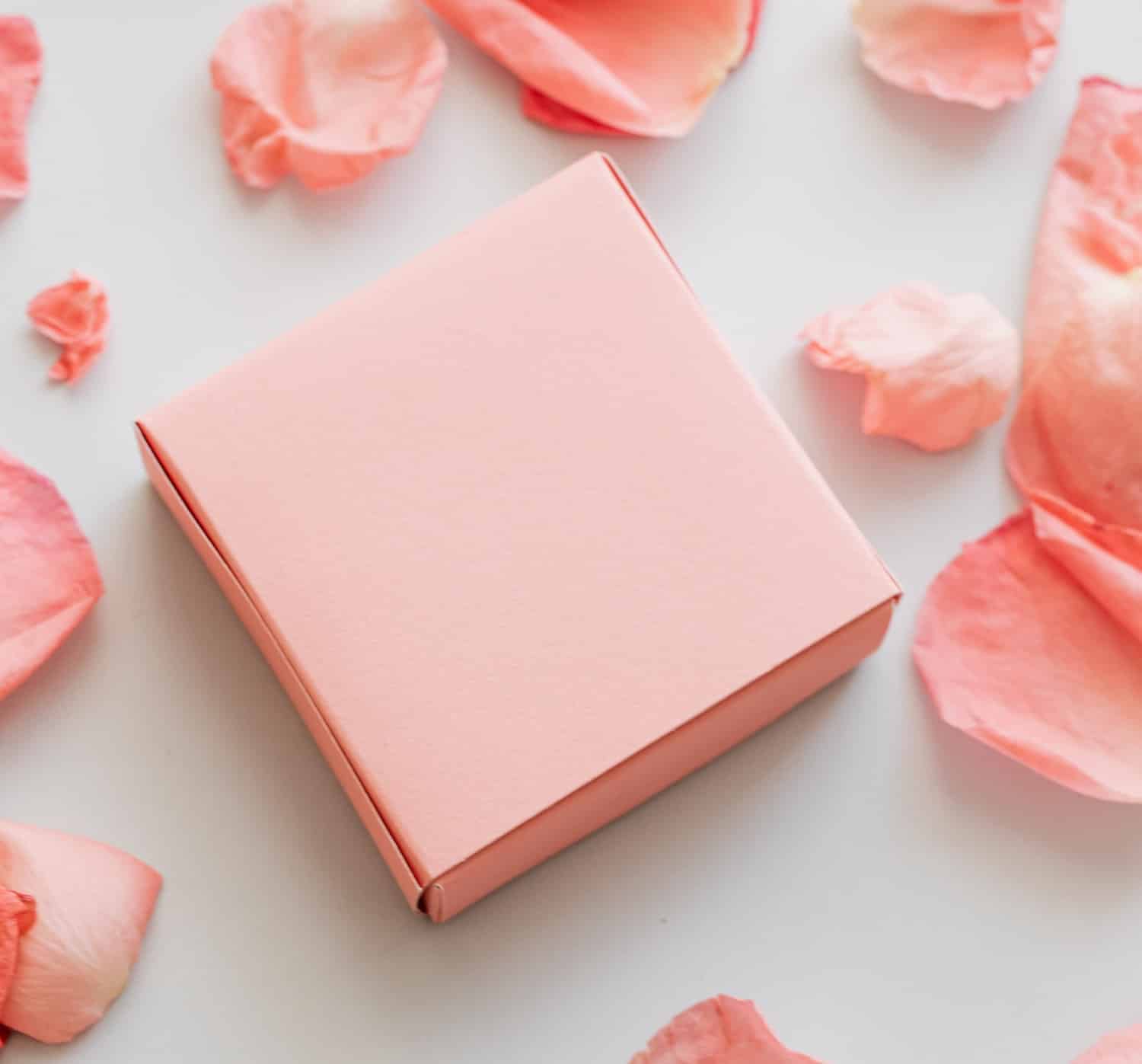


 Matte Lamination on Product Packaging
Matte Lamination on Product Packaging Gloss Lamination on Product Packaging
Gloss Lamination on Product Packaging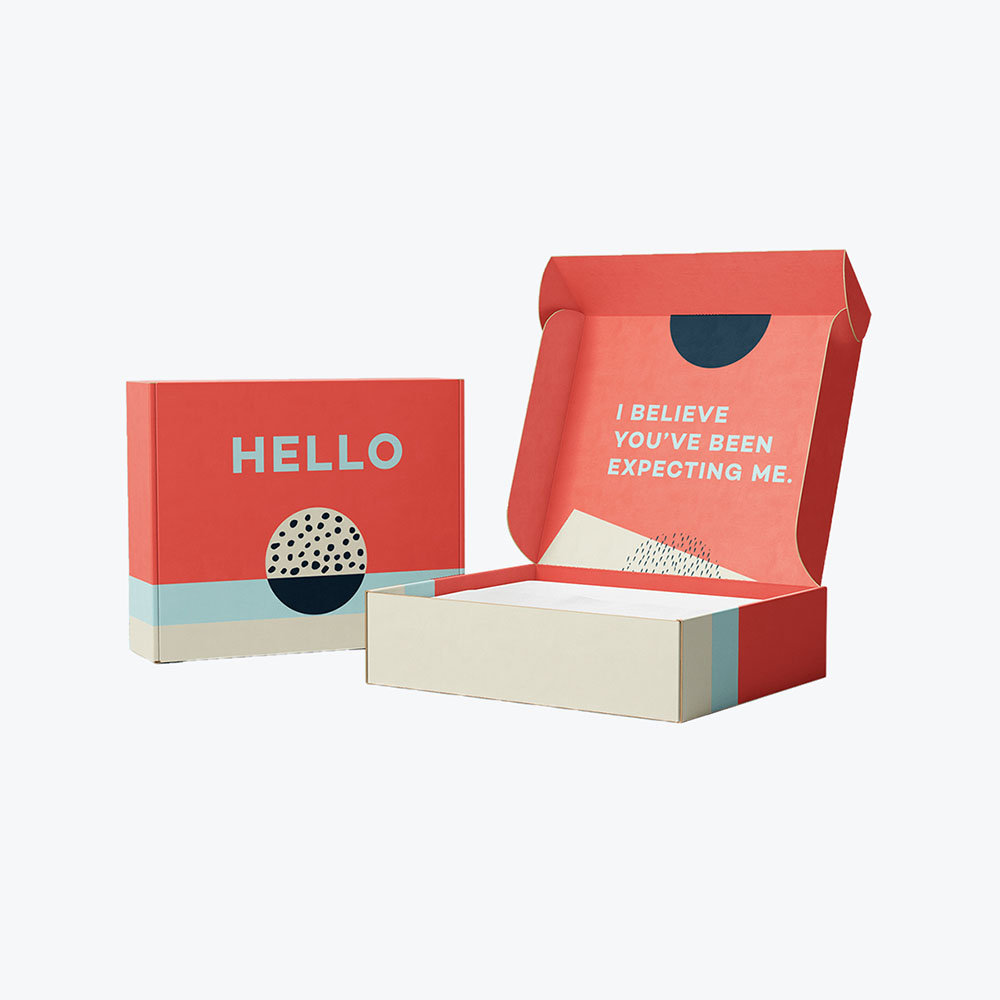
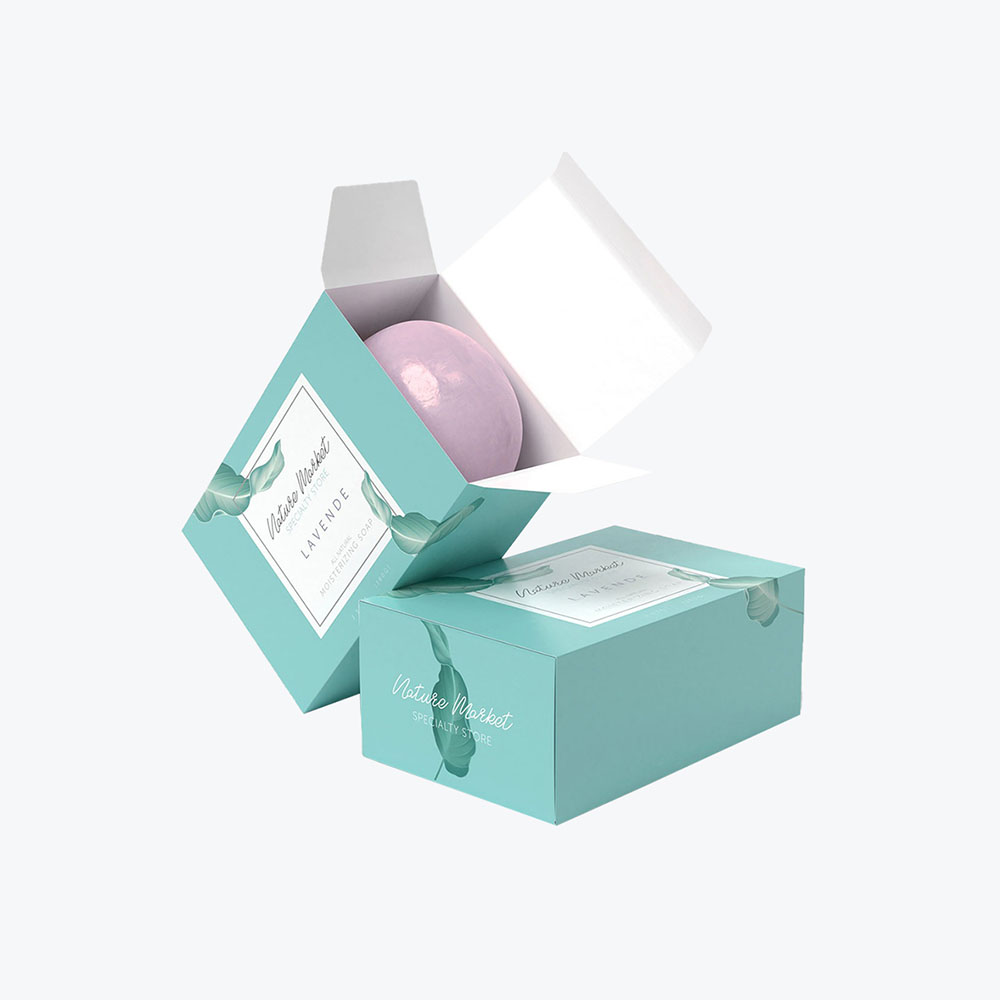
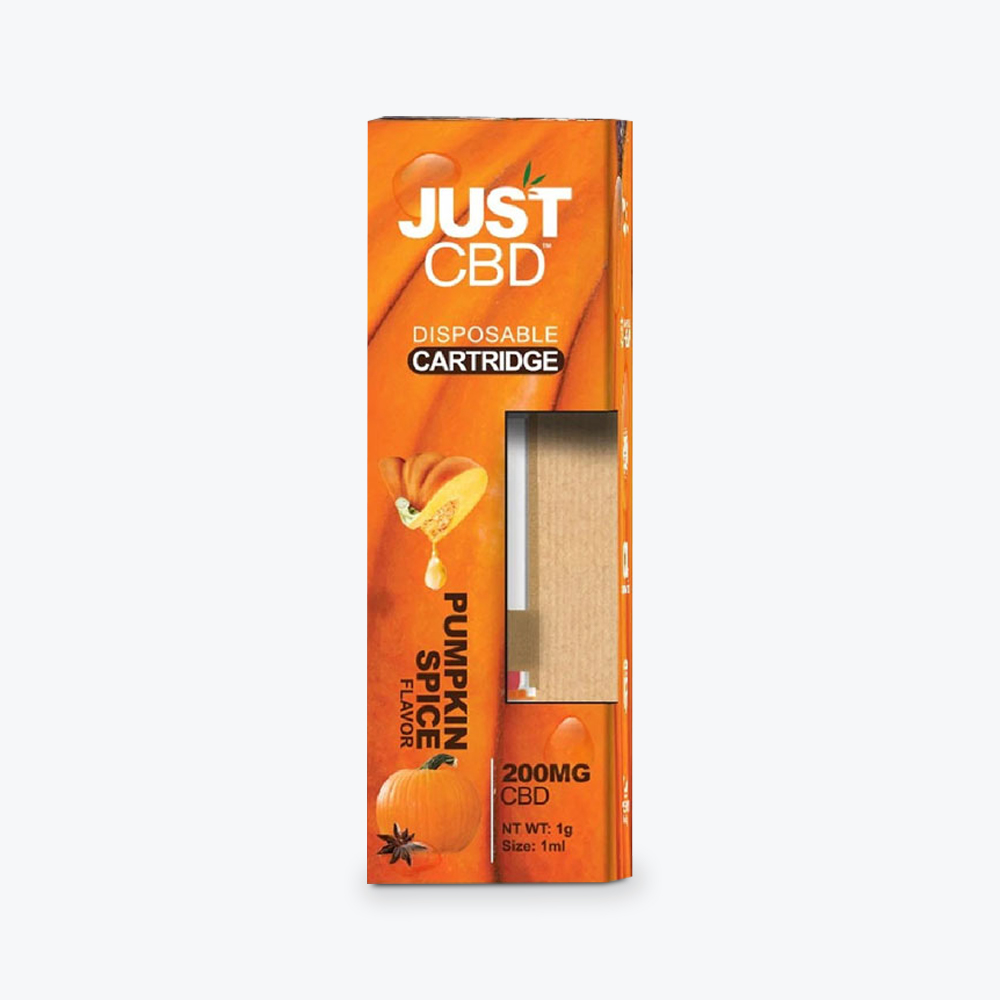
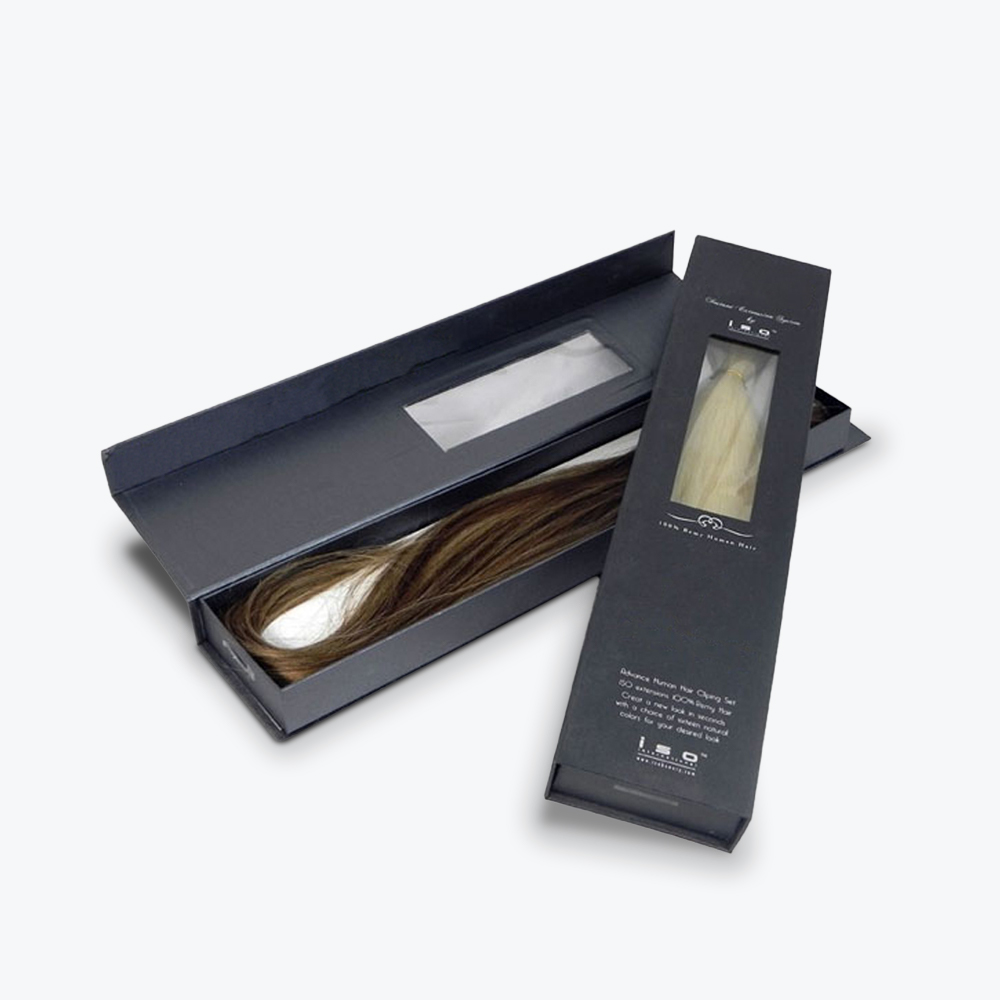

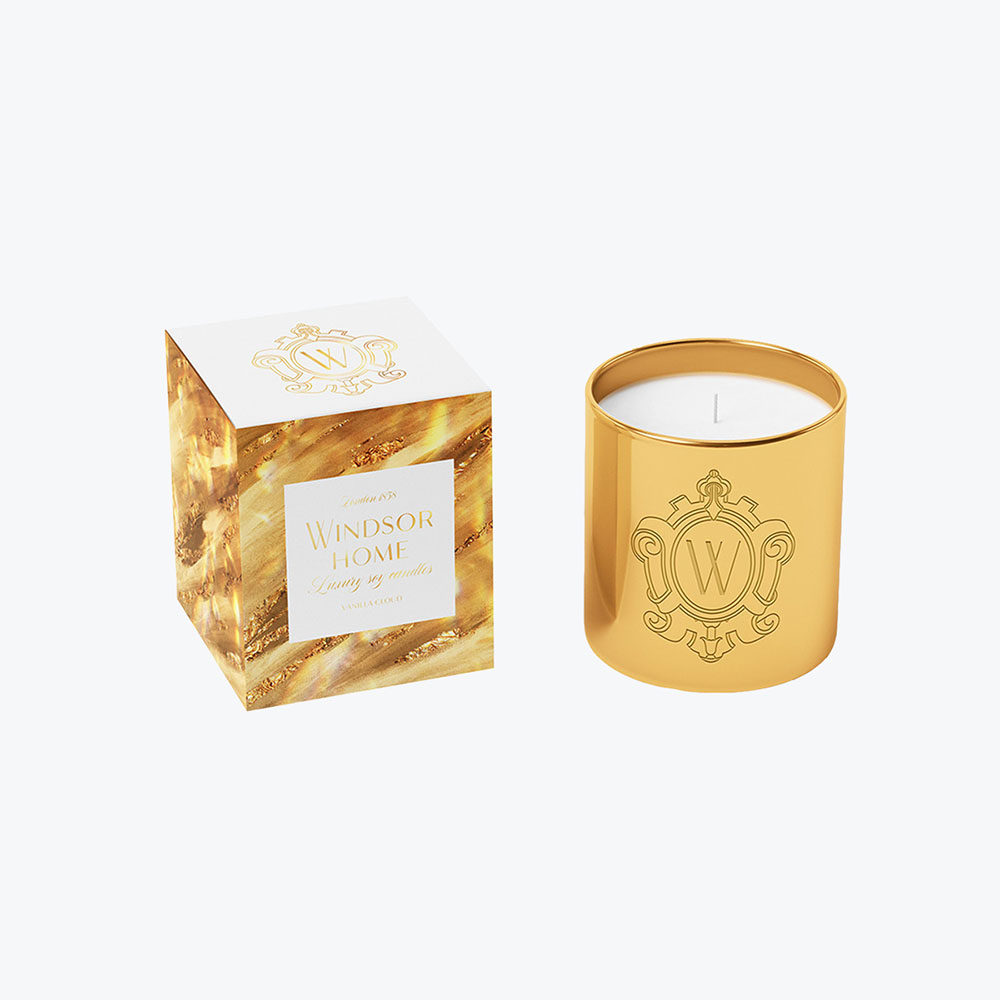

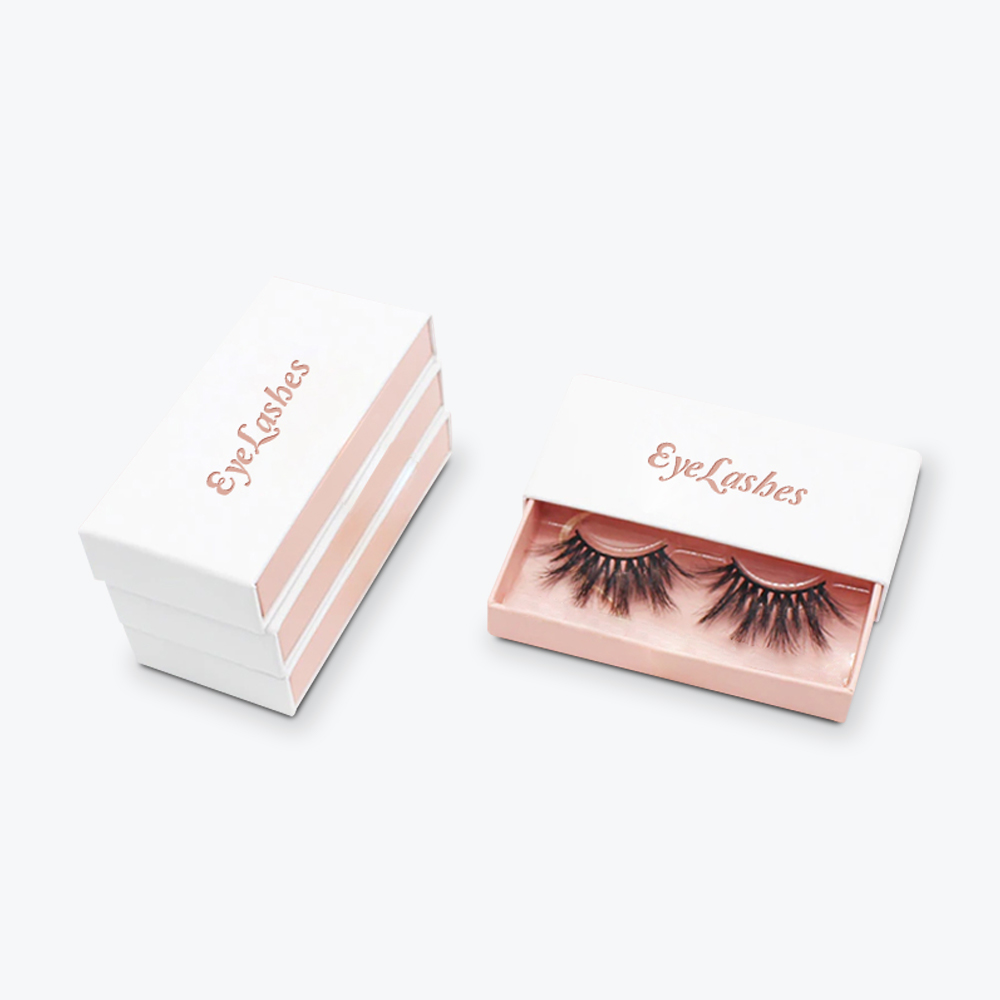


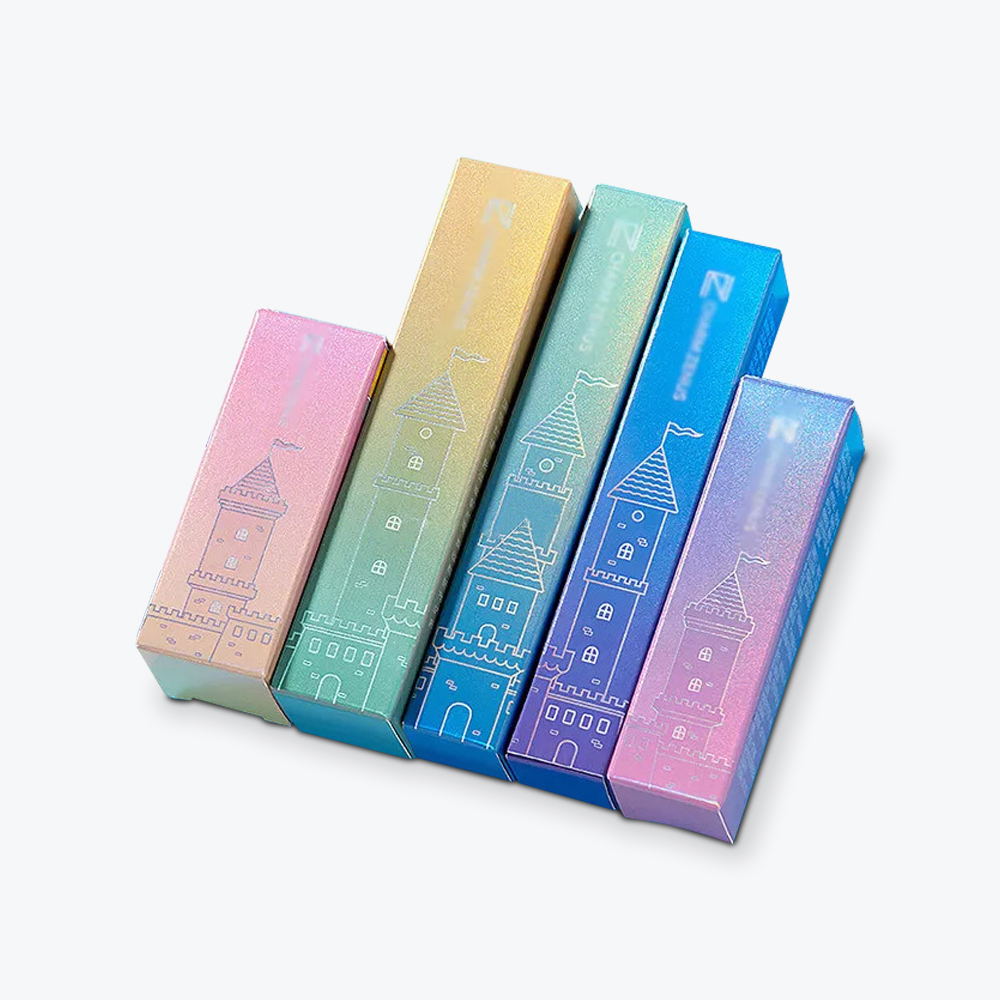
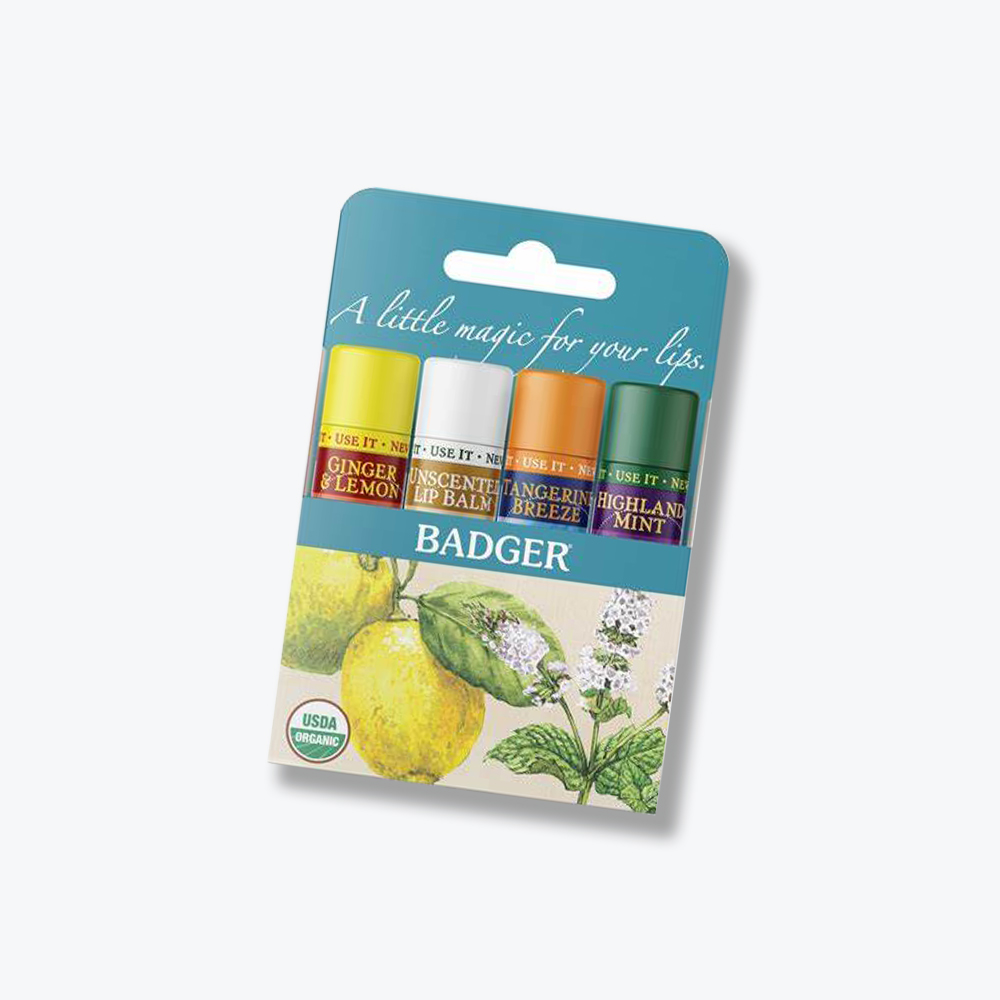
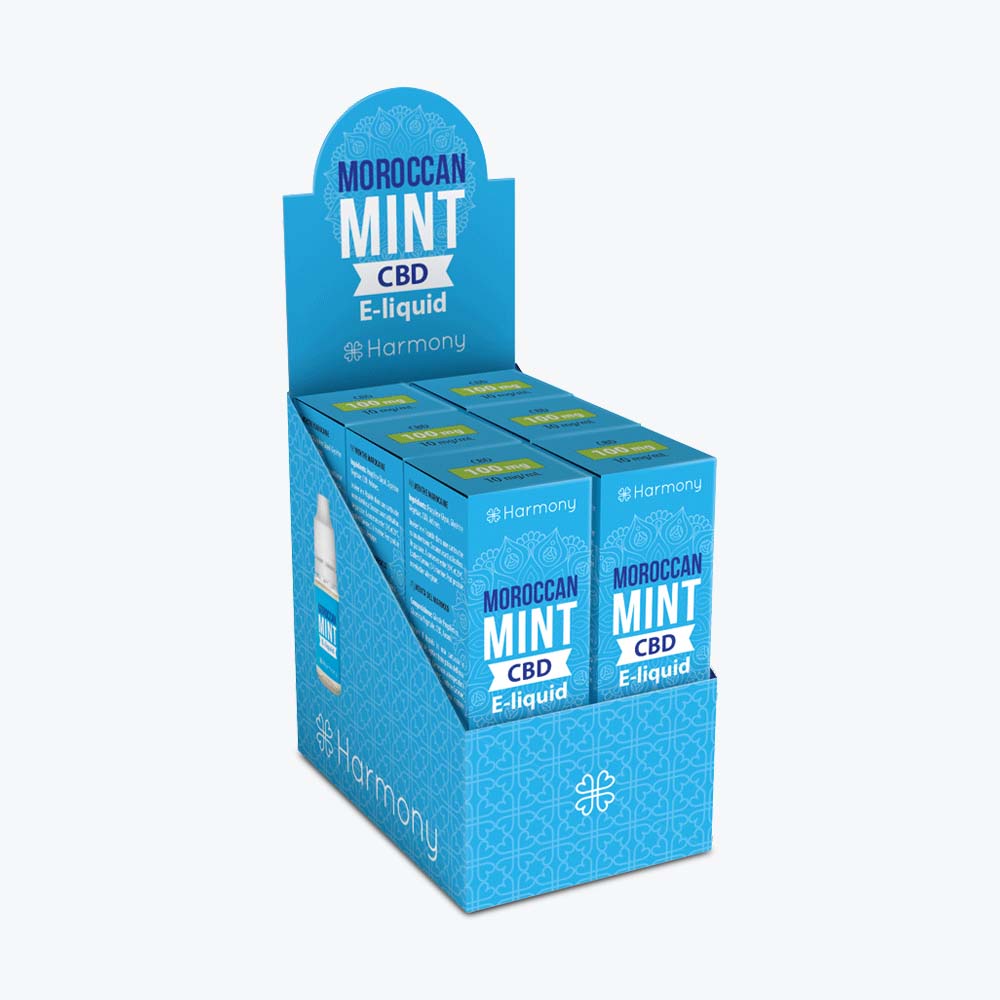
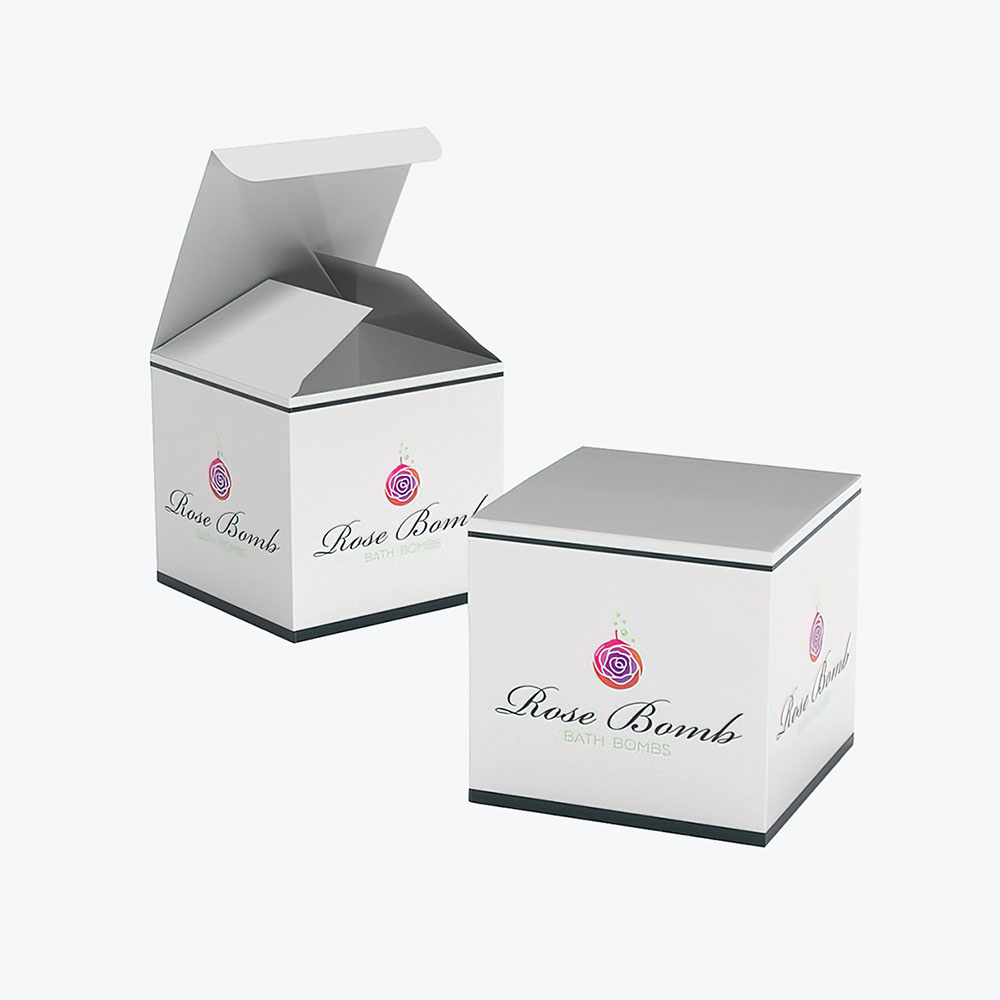
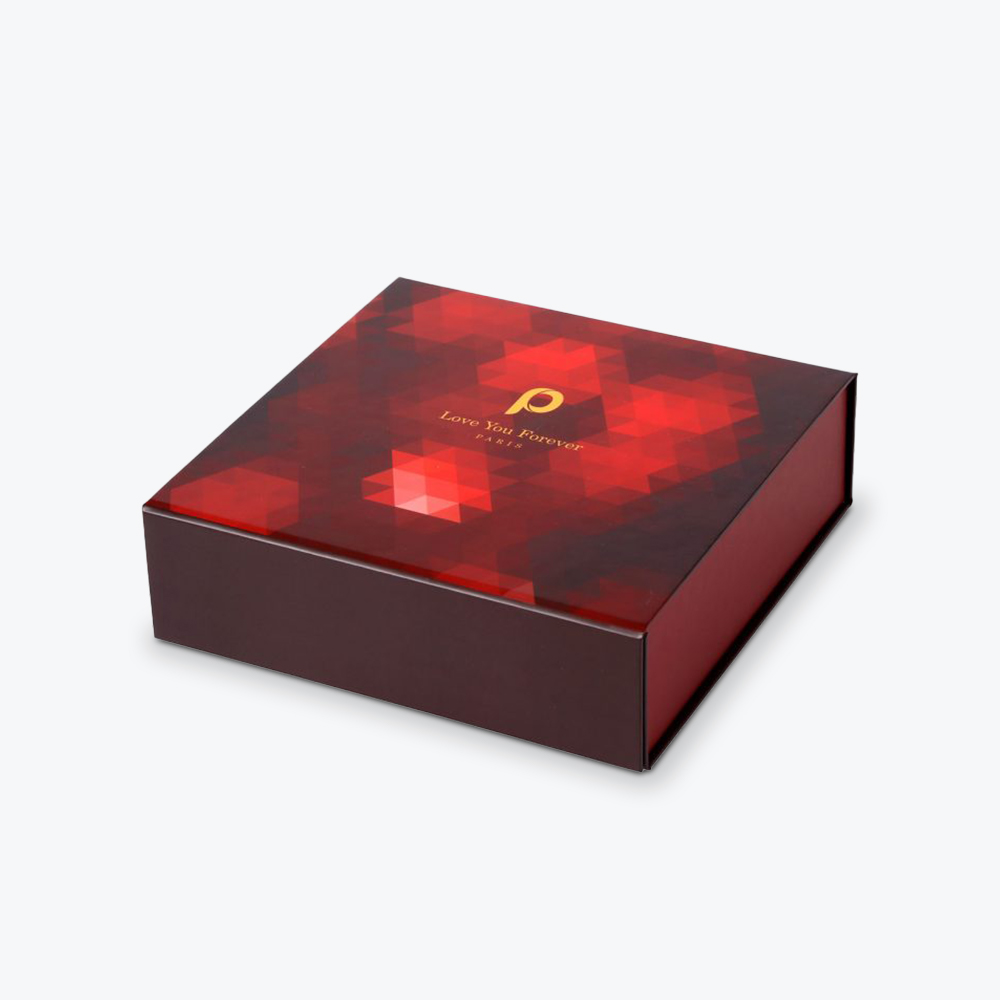
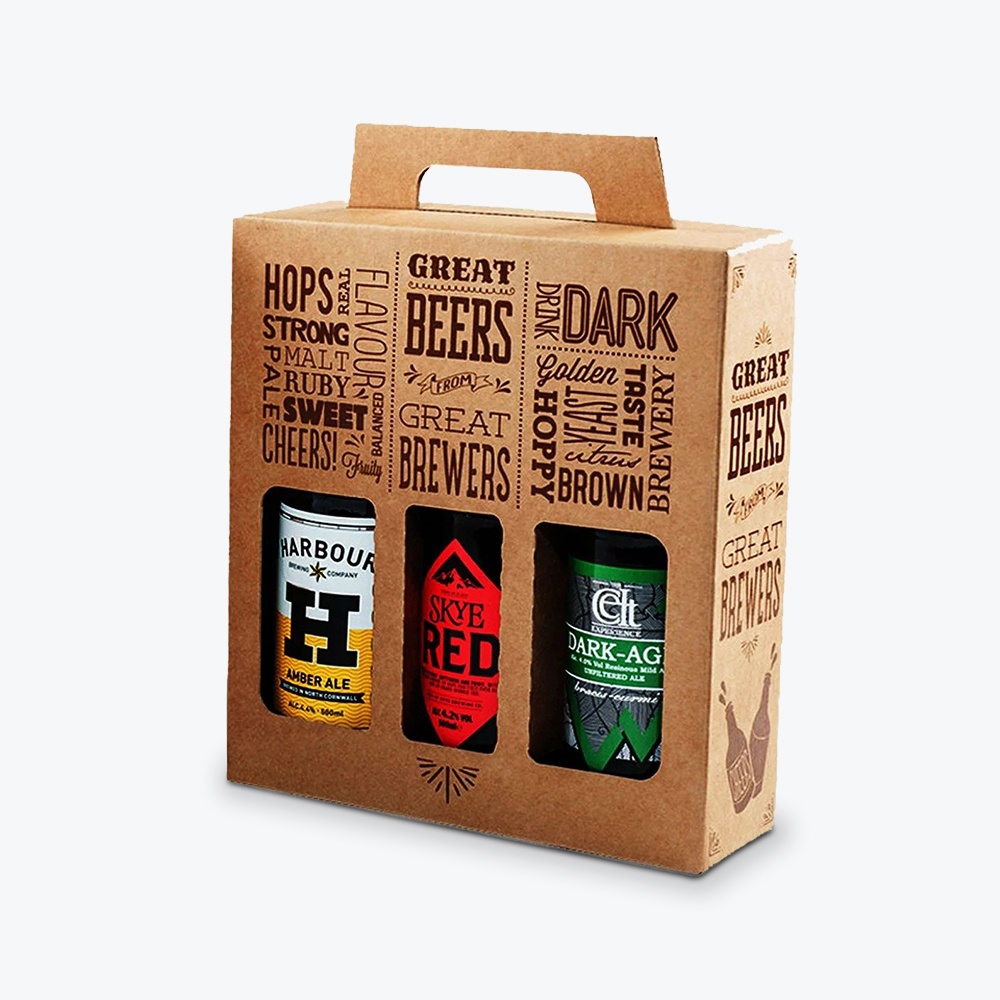


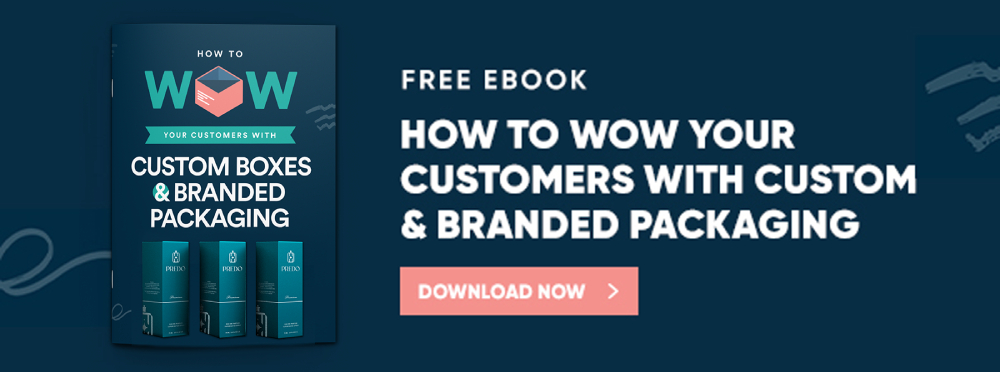
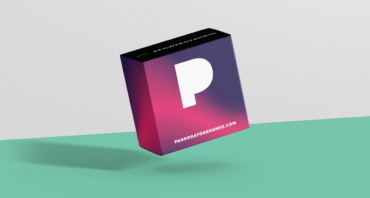



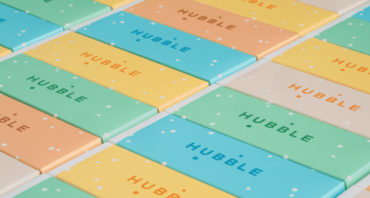


.svg)
Share